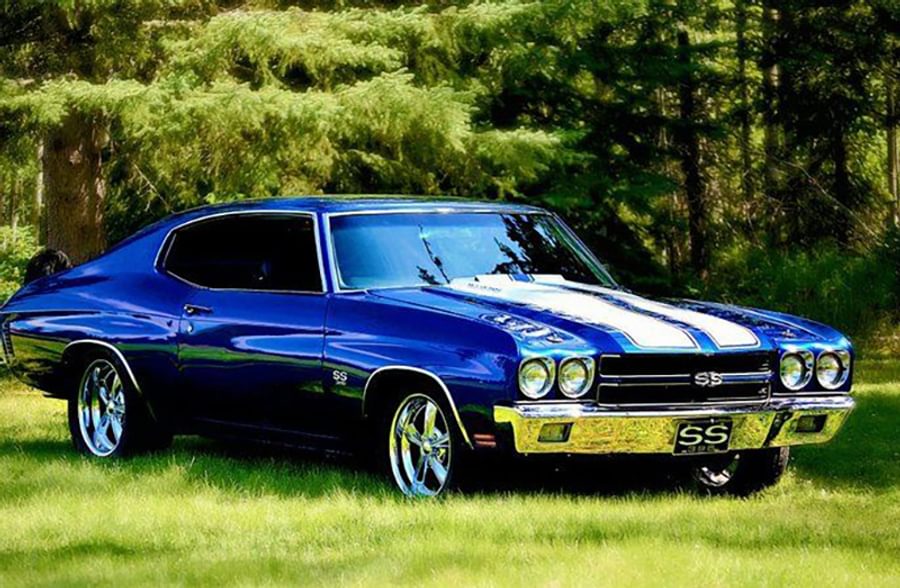Note: This information is from 2020 but much has changed since then. Please be sure to discuss your unique financial situation with your McKinley Carter Advisor or another trusted professional.

Vintage cars are among the types of illiquid assets that can add considerable value to your portfolio. It's important to discuss these assets and other types of collectibles you may own with your financial advisor.
As a kid growing up in eastern Ohio, I have always had a love for cars. I would go to the annual “New Car Show” with my dad and I was always taken with the beautiful design lines, the amazing colors and certainly that intoxicating new car smell! I would take home so may brochures my dad thought I was selling cars on the side, working for the dealerships!
Once I became closer to driving age, I remember being particularly attracted to muscle cars like the ‘70 Chevelle SS or the ‘65 GTO (Cousin Mike had one of those!), or even the rare sighting of the ’63 split window Corvette. To be able to have one of those cars was a dream! Not to say that I didn’t appreciate my first car — a ’65 Oldsmobile F-85 Cutlass Coupe that cost $350 (needed a bit of body work but it was all mine!)!
My love for cars has never faded; although at this stage in life, I’d probably rather have an Aston Martin Vanquish versus those other choices.
I’m sure that many of you reading this might share a similar passion for fast metal; but this love affair does not come without thinking through the financial aspect. This car, or collection of cars, is an illiquid asset — and as such, will have a value that increases or decreases over time.
As an Advisor, I have seen great illiquid assets collections over the years, not only of cars but rare coins, firearms, stamps, and even bourbons! These all have certain value and can add in significantly when figuring in your retirement income needs. Make sure when you are having these important talks with your advisor that you add your illiquid assets to the discussion!
So back to our vintage vehicle, if you choose to purchase one, there are a few things that you may want to consider before you walk down the aisle…or two-lane blacktop, as it may be.
- What is your budget? Not only for the initial purchase but for the maintenance and upkeep?
- Where will you get the parts needed for restoration or replacement? Are you okay with the occasional junk yard adventure, or are you willing to pay a premium for an item from a parts dealer?
- Who will work on the vehicle? Do you have someone that is a skilled mechanic and is familiar with muscle cars, or are you willing and able to do your own work?
- Where will you store your car(s)?
- Will you want to sell your vintage automobile at some point, and how do you determine a fair market value?
I’m sure that we could continue to add to this list but in closing I would say to balance the love affair with your passion for cars with the financial commitment that you are willing and able to provide.
And remember, no matter what you have in your collection, new or old…... Get out there and drive it!
They say you only go around once. But with a muscle car, you can go around two or three times.
Tim Allen
